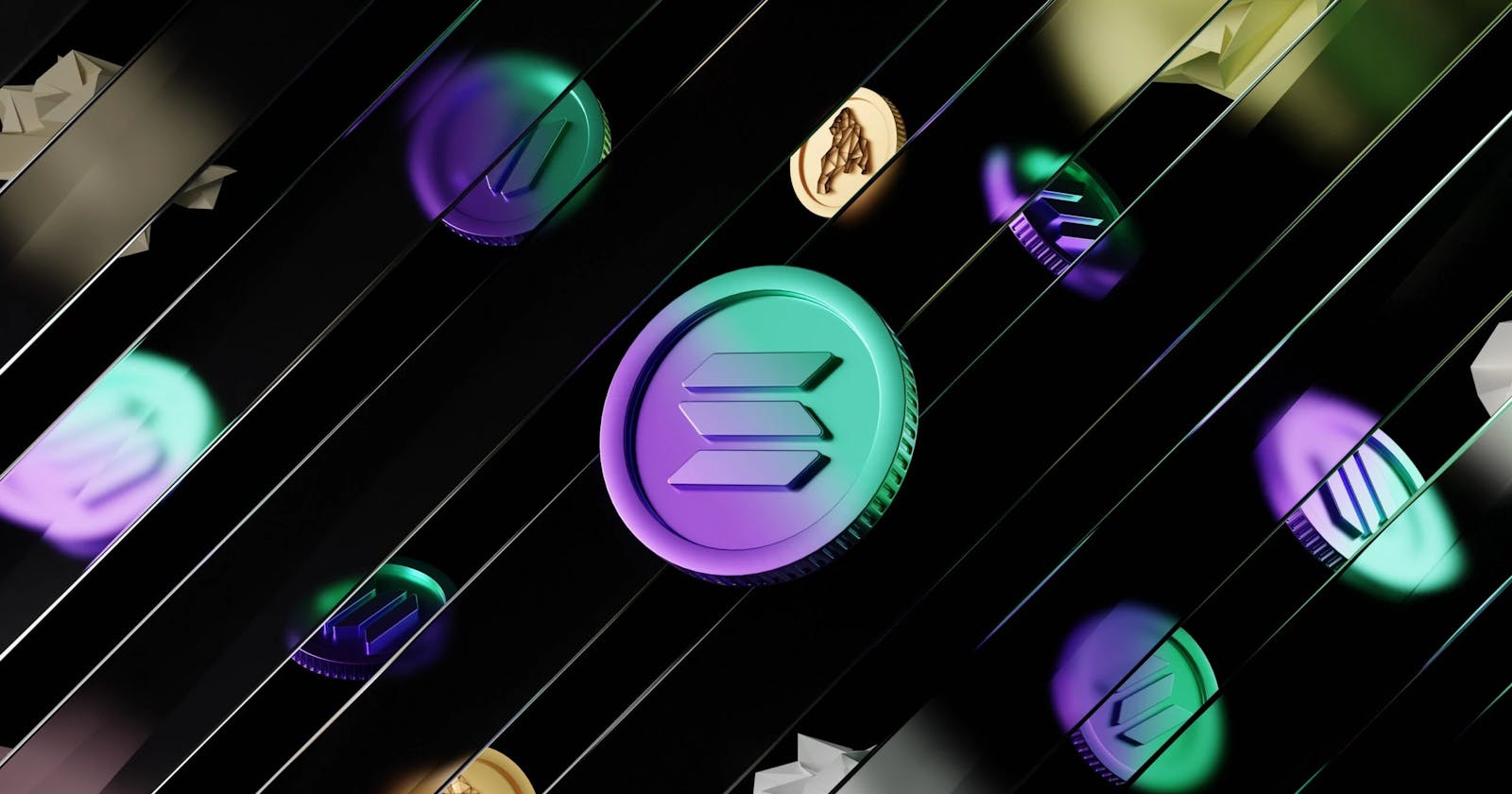Table of contents
No headings in the article.
Hey everybody, have you heard about Solana? It's a super-fast blockchain that can process thousands of transactions per second at a very low cost. How does it do that? Well, it has a secret weapon called Proof of History (PoH). Let me tell you what it is and why it's so cool.
Consider yourself in a game with your friends. You must take turns performing certain actions, such as rolling a die, drawing a card, or moving a piece. But there's a problem: There's no clock or timer to keep track of who goes first and h
how long each turn lasts.
How can you ensure that everyone is playing fairly and following the rules?
One method is to employ "proof of work," or PoW,, which is used by Bitcoin and other blockchains. This means that every time someone wants to take their turn, they must first solve a difficult math puzzle. It takes a long time and a lot of energy to solve the puzzle.
Whoever solves it first gets to go first and has their action recorded in the game (the blockchain). This way, everyone can agree on the timeline and ensure that no one cheated.
However, there are some disadvantages to POW. It moves at a snail's pace because everyone must wait for someone to solve the puzzle before they can play. It is also extremely wasteful because it consumes a large amount of electricity and resources. And it's not very scalable. because as more people join the game, the puzzles become increasingly difficult.
So what if we use Proof of Stake (PoS) instead? This is what Ethereum 2.0 and other blockchains use. This means that instead of solving puzzles, we use money as an incentive. Everyone who wants to play has to stake some coins as collateral.
Then we randomly select one player from the pool of stakeholders to take their turn next and add their action to the game record (the blockchain). If they play by the rules, they get rewarded with more coins. If they cheat or misbehave, they lose their stake.
But POS still has some challenges. How do we make sure that the random selection process is fair and unbiased? How do we prevent attacks from malicious players who try to manipulate or censor the game?
This is where Solana's one-of-a-kind solution comes in: Proof of History (PoH). This means that instead of relying on external sources such as clocks or timers, we use cryptography to create our own internal source of time. How does PoH function? Well, we employ what is known as a verifiable delay function (VDF), which is essentially a function that takes some input and produces some output after a predetermined amount of time.
Assume you have an old-fashioned hourglass filled with sand grains. You turn it over and begin counting how many grains fall from one side to the other every second until all of the sand has been consumed.
The hourglass acts like a VDF: given an initial amount of sand grains (the input), it produces a final amount of sand grains (the output) after exactly one hour (the fixed time). The nice thing about VDFs is that they are easy to verify but hard to fake or speed up.
As an example,
Anyone who sees your hourglass can quickly determine how many sand grains are left on each side by looking at it.
However, no one can predict how many sand grains will be left on each side after one hour unless they wait one hour.
And no one can speed up your hourglass by shaking it or heating it up without breaking it or changing its shape. Solana gets its timing for its blockchain from VDFs.
That's it, i was also learning about this concept and collected these from there only ( surfing through blog, and all) I Hope it helps you understand these

